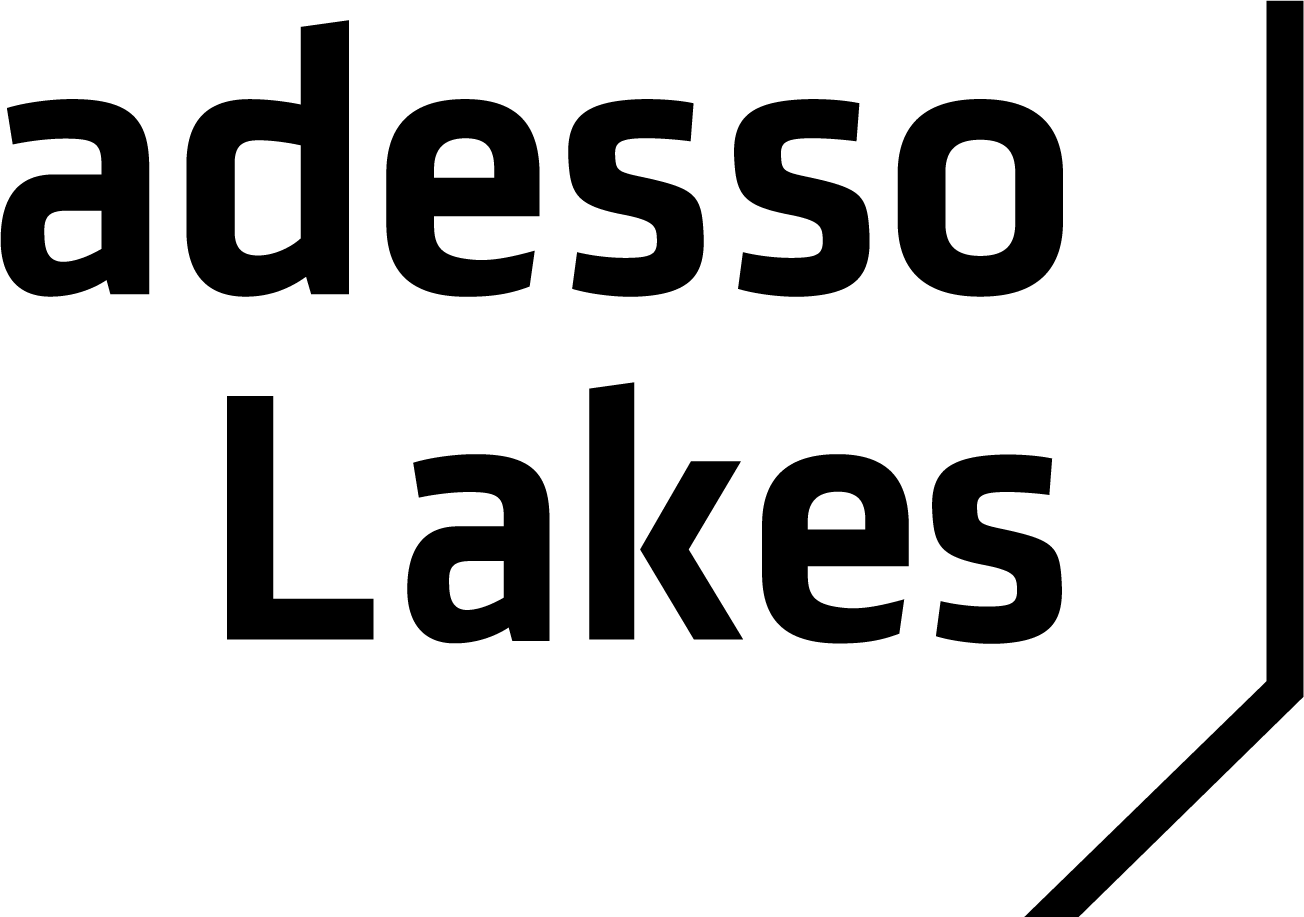A federated, open infrastructure in which data is managed and/or accessed (data exchange) and shared by a defined group of stakeholders (2+x). It is important to note that the stakeholders operate within agreed rules and policies to access and share data. In addition, a data space is characterized by a decentralized nature that aims at interoperability.
Let’s shape the future of data ecosystems together
adesso Lakes is your partner on the way to value-adding data spaces: from data strategy consulting and development to concrete help in setting up and operating a data space & ecosystem to data business development - we are happy to support you!
Data Space Builder
Building secure and scalable data ecosystems
The biggest challenge in building data spaces is usually (lack of) trust. With our proven rulebook for a fair data economy approach, we help creating the basis for value-adding data spaces & ecosystems.
Data Business Development
Connecting data - driving innovation
The greatest argument for data spaces is its ability to create added value through combining and connecting data (sets). This is what makes data economy possible in the first place and also the aspect which is the true game changer.
Data Space Consulting
Unlock the full potential of your data with adesso Lakes
The effective, efficient, and value-added management and usage of (your) data is a top priority. And we are at your side to consult you on necessary questions involved therewith.
Frequently asked questions
What is meant by "data economy"?
The term “data economy” generally refers to the notion of data as a valuable resource that can be used to create economic (added) value. It refers to the collection, storage, analysis and dissemination of data, as well as the development of technologies and business models that enable companies to derive insights and value from data.
The data economy encompasses a wide range of industries and sectors and equally a wide range of possible use cases of data for purposes such as personalization, targeted advertising, predictive analytics and the use of artificial intelligence.
Why do I need a data space?
There are several reasons why building a data space makes sense for your organization. We distinguish between market and regulatory drivers:
- You want to create added value in the context of global competition or to be able to offer your customers special services, for which you can leverage previously unused data treasures and develop new offerings through combination / analysis or similar.
- You would like to fulfill regulatory requirements such as the supply chain act or the like with maximum efficiency. For this purpose, the creation of a data space with the relevant actors is an option, whereby not only reporting obligations can be automated but also further insights into your supply chain situation can be gained and made accessible to your organization.
How do I gain added value from a data space?
There are multiple ways in which you can create added value from your data or the data accessible to you. For example, new services (e.g. improved customer experience) or new business models are conceivable through the use of and access to additional data(sets). You can also increase efficiency by mapping processes that require a large number of data points from different data sources more quickly and cost-effectively (e.g. to fulfill reporting requirements).
What is the function of a data space?
A data space enables the exchange and usage of data. In addition, the function of a data space is to enable, facilitate, or control the provision, receipt, and transmission of data (the logical components of the exchange). This includes, for example, functions for cataloging or identifying participants (data users / sources / etc.) and objects of the exchange (=data).

Get more out of your data!
adesso Lakes GmbH is a German-Finnish joint venture of adesso SE and 1001 Lakes Oy. It is connected to the Line of Business Data & Analytics within the adesso Group.
© 2024. All rights reserved.




